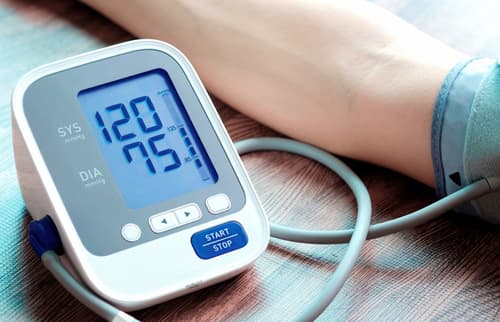
Health screenings are an essential part of preventive medicine. Scans and tests can identify problematic markers, which enables me as your doctor to look for other signs or symptoms of illness or disease. Many patients are unhappy being asked to take time to get a blood test or scan, but should there be an alarming result, folks are thankful they cared for themselves.
Preventive Care: Health Screenings
Some health screenings are recommended annually, while others may only be needed every several years. Age, gender, family history, and individual health risks also impact certain screenings. Ultimately, never hesitate to discover what might be happening with your body. The 10 top health screenings typically include the following:
- Colon. Colorectal cancer screenings are notoriously unfun, but colonoscopies are invaluable because they discover precancerous polyps and abnormal growths in the colon or rectum before they become colon cancer. Anyone with colitis, Crohn’s disease, or other digestive disorders usually need more frequent colonoscopies.
- Skin. The most common form of cancer in the United States, skin cancer screenings done annually make it far more likely that if any cancerous areas are detected they are highly treatable.
- Breast. Annual mammograms are recommended starting at age 40, earlier for anyone with a family history of breast cancer. This x-ray of the breast can identify problem areas before they are big enough to notice or feel.
- Prostate. The leading cancer among men, one of the best ways to diagnose prostate cancer is through regular screening. This simple blood draw can help identify prostate cancer before symptoms develop.
- Bone density. A DXA scan measures bone density and strength and detects osteopenia and osteoporosis, which can make a woman prone to bone fractures. Senior women and those with autoimmune conditions are at a higher risk of low bone density.
- Blood sugar. Diabetes is easily diagnosed with routine blood sugar screenings to detect prediabetes. This condition can be easily managed with early intervention, a careful diet, and monitoring.
- Blood pressure. It’s important to be checked regularly for hypertension because early symptoms are usually unnoticeable. A high blood pressure reading is a big risk factor for stroke and heart disease.
- Cholesterol. Another significant marker of heart health, high cholesterol numbers could indicate a build-up of plaque in the arteries and increase a person’s heart attack risk, man or woman.
- Eyesight. Even if you have always had excellent vision, it is important to have regular checkups with an optometrist or ophthalmologist, especially as you age, to detect eye diseases and vision changes.
- Cognitive. If there is a family history of dementia or significant cognitive decline, especially at an early age, this evaluation may be recommended so you can have a comprehensive assessment of your cognitive strengths and weaknesses.
Everyone doesn’t need every screening every year, but there are some patients who do have higher risk factors that make health screenings essential. We will figure it out together. Make an appointment with me, Dr. Jon Swetech, to talk about what’s going on with your health and where we might need to investigate further.
Nothing in this blog is official medical advice. See your doctor for customized care.